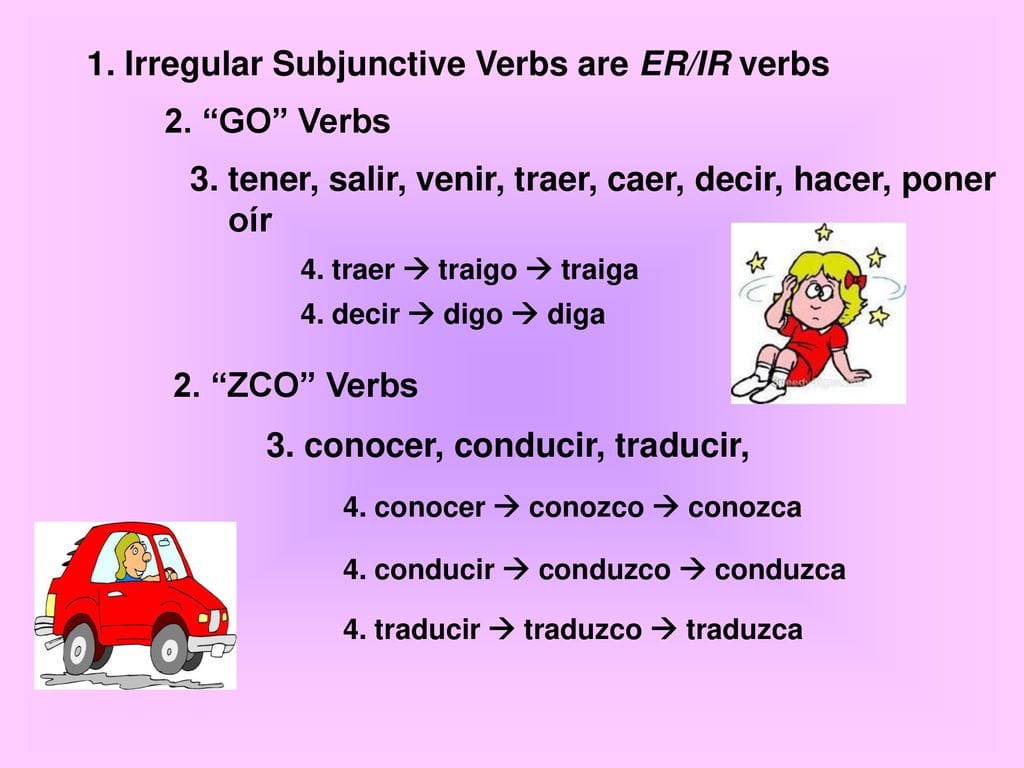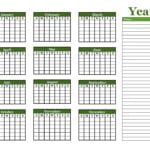This guide provides a comprehensive overview of the subjunctive mood of the verb “salir” (to leave/go out) in Spanish. Mastering this will significantly enhance your ability to express nuanced ideas, wishes, and possibilities. Surf like a pro with the ultimate guide to scattergories list and master the art of the sea with Sally Sells Sea Shells By The Sea Shore.
Understanding the Salir Subjunctive
The subjunctive mood adds a layer of subjectivity to your sentences, expressing everything from hopes and desires to doubts and uncertainties. While the indicative mood deals with concrete facts, the subjunctive explores the realm of “what ifs” and “I hopes.” With salir, this means expressing nuances related to the act of leaving or going out.
Conjugating Salir in the Subjunctive
The present subjunctive of salir uses the irregular stem “salg-“. Here’s a breakdown of the conjugations:
| Pronoun | Conjugation | Example (with English Translation) |
|---|---|---|
| Yo | salga | Espero que yo salga temprano. (I hope I leave early.) |
| Tú | salgas | Te recomiendo que tú salgas más a menudo. (I recommend that you go out more often.) |
| Él/Ella/Usted | salga | Es importante que él/ella/usted salga ahora. (It’s important that he/she/you leave now.) |
| Nosotros | salgamos | Quizás salgamos al cine esta noche. (Maybe we’ll go to the movies tonight.) |
| Vosotros | salgáis | Os sugiero que salgáis a tomar un poco de aire fresco. (I suggest you go out for some fresh air.) |
| Ellos/Ellas/Ustedes | salgan | Dudo que ellos/ellas/ustedes salgan sin permiso. (I doubt they/you will leave without permission.) |
When to Use the Salir Subjunctive
Several contexts call for the subjunctive of salir:
- Doubt/Uncertainty: “No creo que salga mañana.” (I don’t think he/she will leave tomorrow.)
- Wishes/Desires: “Quiero que salgas conmigo al concierto.” (I want you to go to the concert with me.)
- Hypothetical Situations: “Si saliera más temprano, llegaría a tiempo.” (If I were to leave earlier, I would arrive on time.)
- Recommendations/Advice: “Te aconsejo que salgas a caminar.” (I advise you to go for a walk.)
- Reactions/Emotions: “¡Ojalá salga bien!” (I hope it goes well!)
Triggering the Subjunctive with Salir
Certain words and phrases often indicate the need for the subjunctive with salir:
- antes de que (before)
- para que (so that)
- sin que (without)
- ojalá (I hope/I wish)
- es importante que (it’s important that)
- es necesario que (it’s necessary that)
- es probable que (it’s probable that – note: this can also use the indicative depending on the nuance)
- dudo que (I doubt that)
- no creo que (I don’t believe that)
More Examples of the Salir Subjunctive
- “Es posible que salgan esta noche, pero no estoy seguro.” (It’s possible they’ll go out tonight, but I’m not sure.)
- “Busco un trabajo que me permita salir temprano los viernes.” (I’m looking for a job that allows me to leave early on Fridays.)
- “Insistió en que saliera a pesar de la lluvia.” (He/She insisted that I leave despite the rain.)
The Irregularity of Salir
Salir is irregular in the present subjunctive because its stem changes from “sal-” to “salg-“. This irregularity is consistent across all persons. Some linguists suggest this stems from the evolution of the language, and ongoing research continues to explore such linguistic shifts. It’s worth noting that salir also presents irregularities in other tenses, such as the future (formed with “ir + a + salir”) and the pluperfect subjunctive.
Salir Subjunctive vs. Indicative
A common mistake is confusing the subjunctive and indicative moods. The indicative states facts (e.g., “Sale mañana” – He leaves tomorrow), while the subjunctive expresses subjectivity (e.g., “Espero que salga mañana” – I hope he leaves tomorrow).
Mastering the Salir Subjunctive
Practice is crucial for mastering the salir subjunctive. Experiment with different pronouns and scenarios, and pay close attention to how native speakers use it. This will enhance your fluency and allow you to express yourself with greater nuance.
Ongoing Research and Evolving Understanding
While the rules of the subjunctive are generally well-defined, linguistic research continues. This suggests our understanding of its nuanced uses may continue to evolve. Some dialects may exhibit variations in usage, further enriching the complexity of the subjunctive.
Travailler in the French Subjunctive
While this guide focuses on salir, let’s briefly touch upon the French verb travailler (to work), as it also presents complexities in the subjunctive. This mood is essential for expressing nuanced ideas about work in French. Like salir, its use is often triggered by specific conjunctions (e.g., que, avant que, bien que) or expressions of emotion or doubt. The conjugation, while seemingly straightforward, requires attention to context to avoid confusion with the present indicative.
How Salir Differs from Regular -ir Verbs
Regular -ir verbs typically maintain their stem in the present subjunctive. Salir‘s shift to “salg-” sets it apart. Understanding this key difference is crucial for accurate conjugation. Comparing salir with other irregular verbs like venir (to come) can further clarify these distinctions.
Key Points for Salir Subjunctive
- Conjugation: Uses the “salg-” stem.
- Uses: Expressing doubt, wishes, hypothetical situations, advice, and reactions.
- Triggers: Words like antes de que, para que, ojalá, es importante que, dudo que.
- Examples: Espero que yo salga temprano., Te aconsejo que salgas a caminar., Es posible que salgan esta noche.
- Ongoing Research: Linguistic study of the subjunctive continues.
This enhanced guide provides comprehensive information about the salir subjunctive, clarifying its usage and conjugation while addressing potential learning challenges. Consistent practice and attention to context will significantly enhance your mastery of this essential grammatical element.
- Henrico County Public Schools Calendar 2024-2025: Key Dates & Information - November 22, 2024
- How Grants Are Shaping the Future of Cibola County Schools - November 22, 2024
- Crowley ISD Calendar 2024-2025: Key Dates, School Hours & Resources - November 22, 2024

















2 thoughts on “Salir Subjunctive Simplified: A Comprehensive Guide with Conjugations and Examples”
Comments are closed.